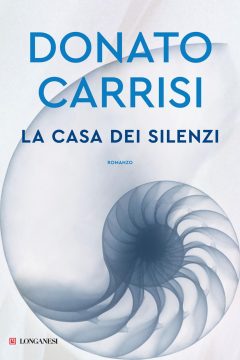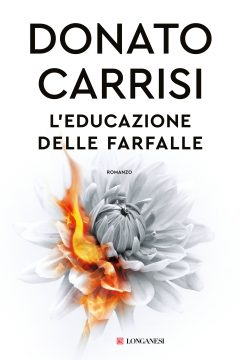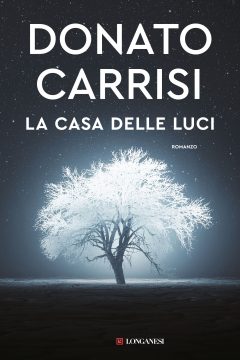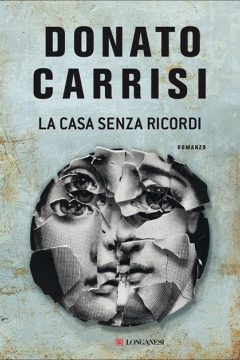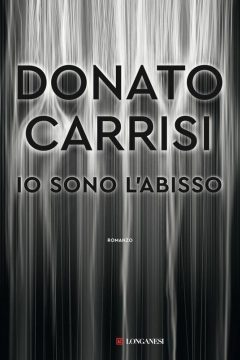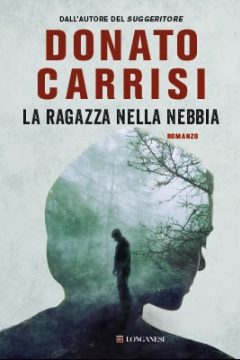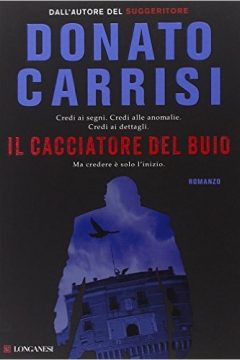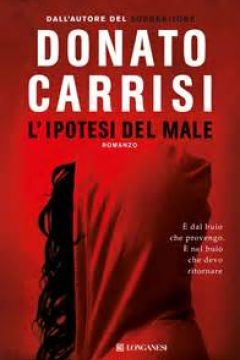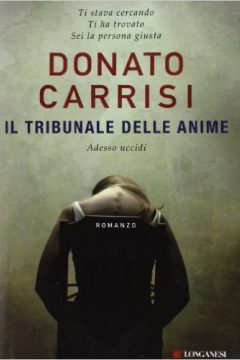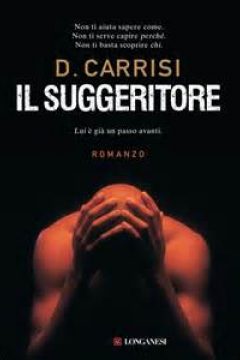Il maestro delle ombre (The Master of Shadows)
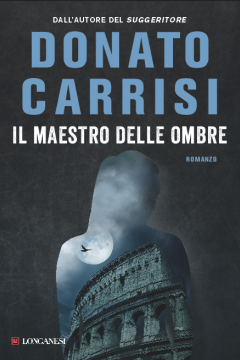 Donato Carrisi
Donato CarrisiFollowing on from The Lost Girls of Rome and The Hunter of the Dark, an extraordinarily chilling and atmospheric thriller set during 24 hours of darkness on the streets of Rome.
Rome, 1511: Pope Leone X passes a bill decreeing that the city of Rome must never be left in complete darkness. An order of priests, known as The Luminaries, is founded to ensure there will always be a source of light somewhere in the city.
Rome, February 2015: The city is struck by a huge electrical storm and a controlled blackout is announced, which will leave Rome in the dark for 24 hours. Ambulances and police cars will be allowed to operate during the blackout, but the use of other vehicles and other electrical devices is prohibited.
At first, the people of Rome are excited and flood the streets in a grotesque version of Carnival. But at heart they are fearful of what will happen after dark, for they know that the police cannot control the whole city. At dawn, a disturbing message is broadcast on the radio, repeating itself every ten minutes and spreading panic among the people. A killer is on the loose.
Marcus, the Hunter of the Dark, who treads a fine line between good and evil, looking for the anomalies that others cannot see, is called to investigate an apparent suicide. He soon realises he has a serial killer on his hands. But someone may be trying to frame him, for his own blood keeps turning up at the crime scenes…
Praise for Il maestro delle ombre
‘The Master of Shadows is an international colossus … In transforming the capital into his own Gotham, Carrisi reveals his love for the city which has been so marred in recent times … [The novel] succeeds because it respects the pact with the reader, who believes everything even if none of it is true. Carrisi continues in his usual vein, which owes much to Dan Brown and Ken Follett, architects of sagas and worldwide fame … In his genre, he is a master.’
– Il Corriere della sera
‘The Master of Shadows is a great thriller, in which fiction is intermingled with echoes of reality. In its way, an elegy to the Eternal City.’
– La Stampa

